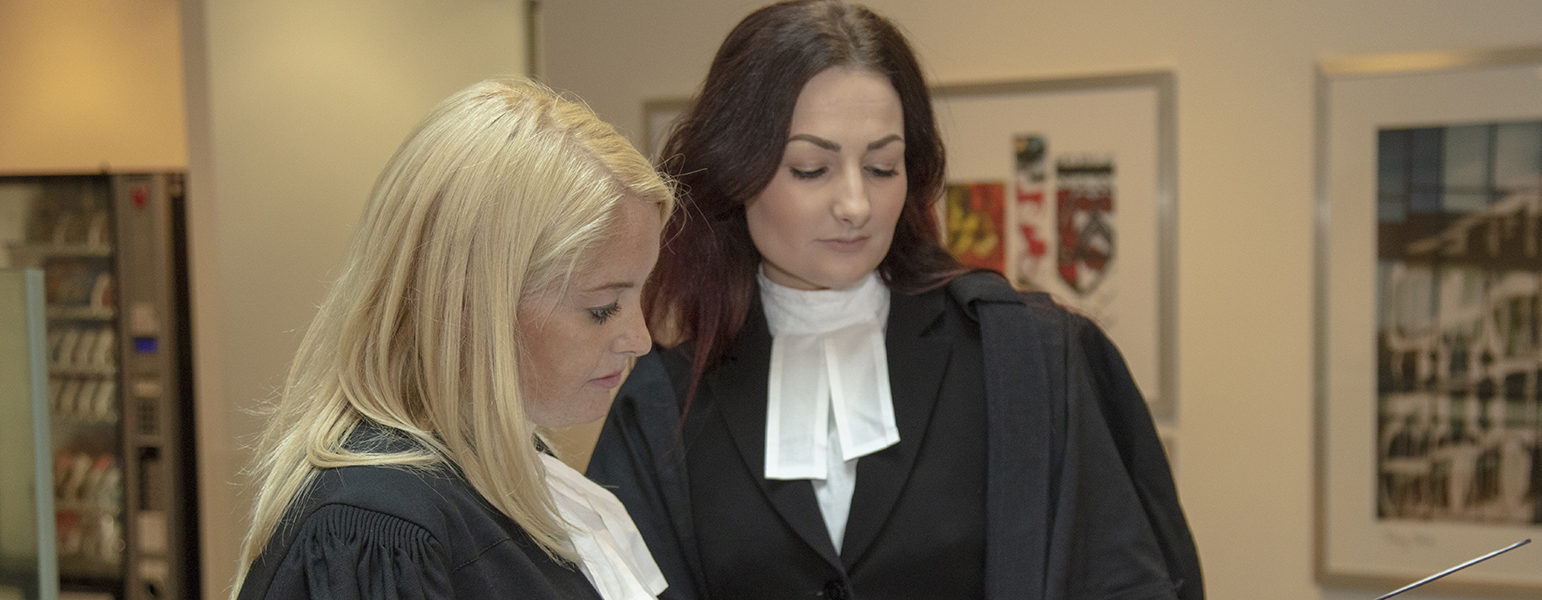Principles for Remote Advocacy
The ICCA’s ‘Principles for Remote Advocacy’ was first published during the COVID-19 epidemic as the Bar was required to adapt at pace to new methods of working. Courts and advocates have been building on this knowledge and experience, and rapidly gaining those skills required to deal effectively with remote hearings.
Remote advocacy is now firmly established in the working lives of many barristers. For those who are new to remote advocacy, or who are seeking a refresher of those key principles which underline effective advocacy in remote hearings, these Principles for Remote Advocacy remain both a useful and effective resource for all advocates.
Our Principles for Remote Advocacy do not offer advice on the choice or use of different IT programs. In many cases the choice will have been imposed upon the advocate. Information on these programs is abundantly available.
This guide concentrates on the way in which advocates can most efficiently deploy their professional skills in communication and persuasion in an online working environment. It aims to distil existing experience into a set of principles that we hope will enable everyone to approach a remote hearing with confidence and to carry out their work effectively.
Judges and advocates who already have experience with this practice consistently remark that effective remote advocacy depends not on new skills. It rewards the bedrock skills: a clearly articulated and logical case, supported by selective use of authority and documents, and focussed examination of witnesses. With careful preparation and attention to those core skills, it is possible to make remote hearings, in appropriate cases, highly effective. We hope these principles will help you do that.
The ICCA gratefully acknowledges the helpful commentary and guidance it has received, in preparing this document, from Rt. Hon. Lord Justice Bean, His Honour Judge Mark Brown, Rt. Hon. Sir Stanley Burnton, Professor the Hon. Clyde Croft AO SC, Neil Kaplan CBE KC, and individual members of the Bar of England and Wales.
Read the guide

